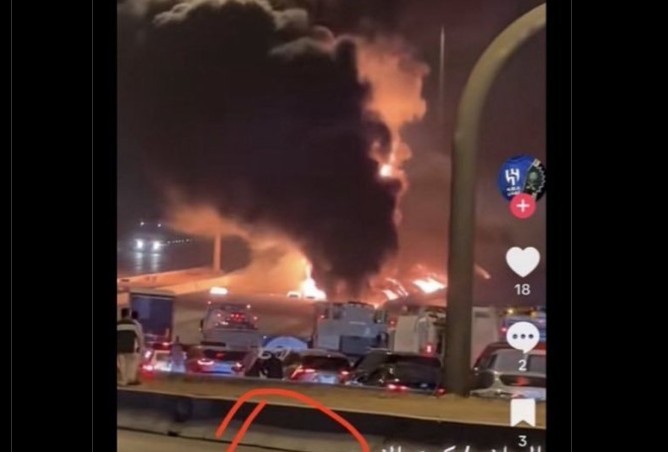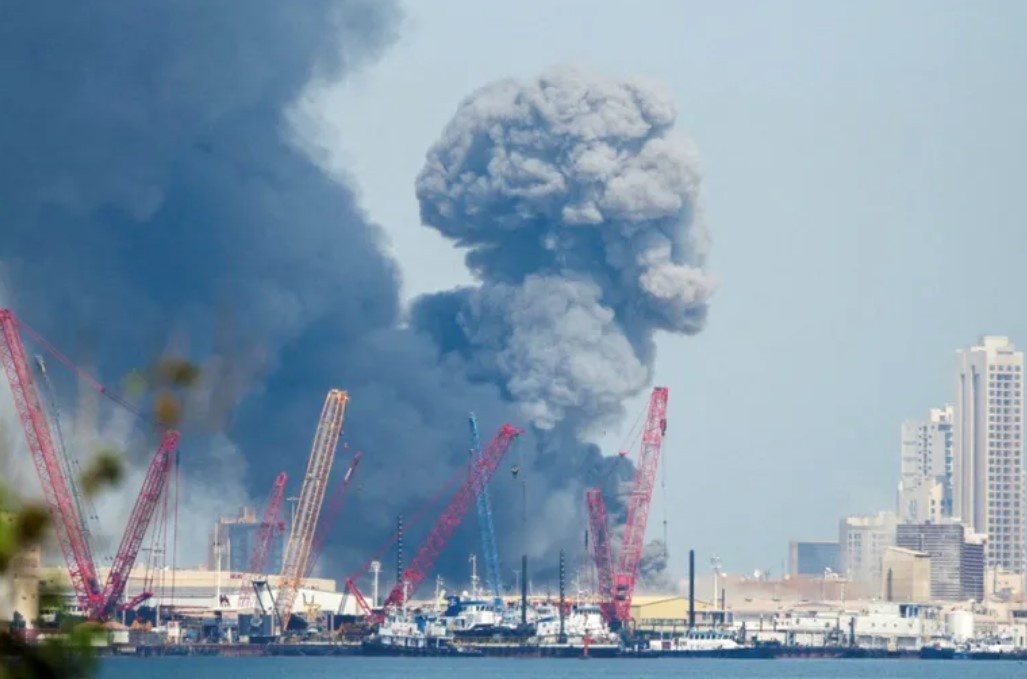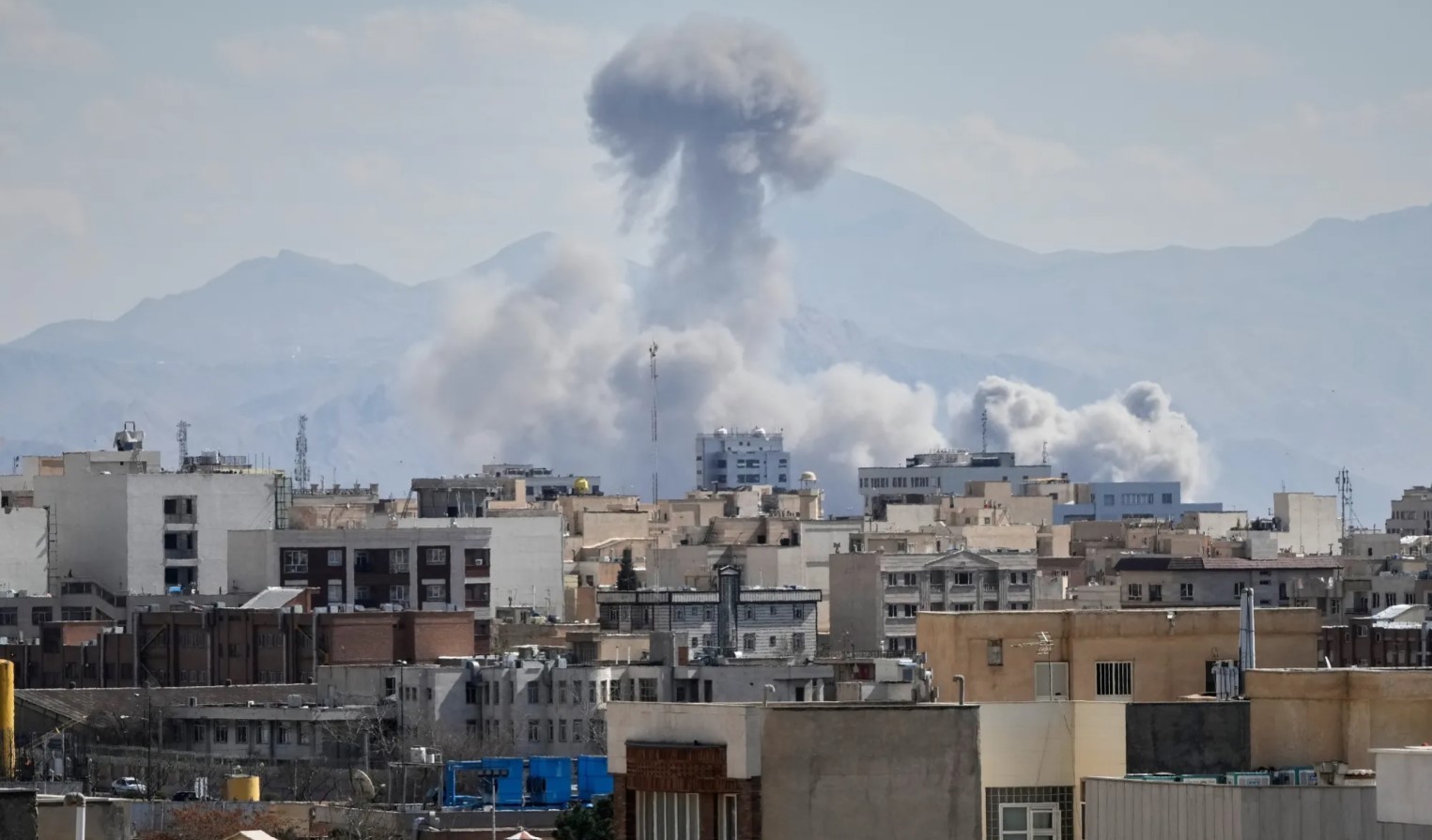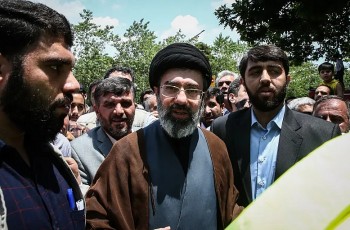Trump New Tariffs: Why Russia, North Korea, and Canada Got a Free Pass
 Gold Price Holds Firm Above $3,130 as Trump’s Tariff Shock Sparks Market Jitters Gold Price Holds Firm Above $3,130 as Trump’s Tariff Shock Sparks Market Jitters |
 Where Are Heard Island and McDonald Islands, the Uninhabited Territory Targeted by Trump Tariffs? Where Are Heard Island and McDonald Islands, the Uninhabited Territory Targeted by Trump Tariffs? |
President Donald Trump sent global markets into a tailspin this week with his latest tariff announcement—yet some of the most geopolitically contentious nations, including Russia, North Korea, and Canada, were conspicuously left off the list.
Standing in the Rose Garden on Wednesday, the 78-year-old former president waved a large chart showing newly imposed tariffs—starting at 10%—on a wide range of U.S. trading partners. China, Germany, Japan, South Korea, Mexico, and even close allies like the UK were hit.
But missing from the list were Russia, North Korea, Cuba, Belarus, and perhaps most surprisingly, Canada.
This move, bold even by Trump’s standards, has triggered a new wave of questions: Why were these nations spared? What are the implications for global trade? And what does it say about Trump’s foreign policy in his second term?
 |
| Why Are Russia, Canada Missing From Reciprocal Tariff List |
Who’s on the Hook—and Who’s Not
The new tariffs apply to over $900 billion in goods. Major economies across Asia and Europe are targeted, particularly those that Trump accuses of "abusing America’s open markets" and "stealing American jobs."
Yet the exemption list reads like a geopolitical paradox:
-
Russia—currently locked in a brutal war of attrition with Ukraine.
-
North Korea—still under heavy U.S. sanctions for its nuclear program.
-
Canada—a top U.S. trading partner that had previously been at the center of Trump’s trade war during his first term.
Trump’s explanation was vague. “These tariffs are about fairness,” he declared. “We are targeting countries that take advantage of us. Some of these other countries? We already dealt with them.”
Russia and North Korea: Already Locked Out
A White House official, speaking anonymously to The New York Times, said the decision to exempt Russia, North Korea, Cuba, and Belarus stemmed from “extremely high tariffs and existing sanctions that preclude any meaningful trade.”
This reasoning checks out—sort of. U.S. trade with North Korea is practically nonexistent, thanks to decades of sanctions. Likewise, Russia has been hit with sweeping economic sanctions since its 2022 invasion of Ukraine, including bans on energy imports, banking restrictions, and technology exports.
"There’s nothing left to tariff," said Rachel Sheinfeld, a senior fellow at the Peterson Institute for International Economics. "The U.S. already cut off most trade with those countries. Tariffs would be symbolic at best."
But Why Is Canada Off the List?
Canada’s exemption is the most unexpected. The U.S. and Canada share one of the world’s largest bilateral trade relationships, exchanging over $2 billion in goods and services daily.
During Trump’s first presidency, Canada was not spared from steel and aluminum tariffs. Trump even called Prime Minister Justin Trudeau “very dishonest & weak” during tense NAFTA renegotiations. So what changed?
Sources close to the administration point to a recent shift in tone between Ottawa and Washington. In January, Canada agreed to a multi-year energy deal favorable to U.S. refineries and committed to increased joint defense spending under NORAD. More notably, Trump’s re-election has prompted Trudeau to take a more conciliatory tone.
"Canada has been cooperating. They're playing ball," one senior trade advisor told Reuters. "Trump likes that."
Political analysts say the exemption could also be part of a larger strategic move to isolate China while keeping North American supply chains stable.
The Bigger Game: China and the 2025 Trade Cold War
The real target, experts say, is China. The new tariffs slam $300 billion worth of Chinese imports, hitting electronics, machinery, and consumer goods.
“This is a de facto decoupling,” said Arthur Li, a Hong Kong-based economist. “Trump wants to force U.S. companies to shift supply chains out of China. He’s betting on Vietnam, India, and maybe even reshoring.”
Canada’s cooperation could be key to this strategy. As U.S.-China tensions grow, having a stable partner next door for manufacturing and energy helps the U.S. economy cushion the shock.
Russia, meanwhile, benefits indirectly. By staying exempt, it avoids yet another economic squeeze, and Trump’s decision is being hailed by Russian state media as proof that the West is divided.
Market Reaction: Turmoil and Adjustments
Wall Street didn’t take the news well. The Dow Jones dropped over 600 points following the announcement, while global markets also saw red. European exporters braced for retaliatory tariffs, and Asian markets saw sharp selloffs.
Meanwhile, Canada’s stock index surged, led by energy and auto sectors, both poised to benefit from increased U.S. demand.
What’s Next?
Trump’s tariff move is already reshaping trade conversations in Brussels, Tokyo, and Beijing. While legal challenges and WTO complaints are inevitable, Trump has shown a willingness to bypass institutions he sees as ineffective.
If history is any guide, more tariffs—or threats of them—are coming.
"Trump doesn’t bluff when it comes to tariffs," said Brian Walter, a former USTR official. "This is just the opening salvo."
Bottom Line
By exempting Russia, North Korea, and Canada from sweeping new tariffs, Trump’s team is playing a more nuanced game than it may appear. While the exemptions for sanctioned nations are largely symbolic, Canada’s case reveals a strategic effort to keep critical trade routes intact while confronting America’s larger adversaries.
As the world braces for another chapter of trade tensions, one thing is clear: the Trump tariff doctrine is back—and it’s as unpredictable as ever.
 Top 10 Largest Automakers with the Factory in the U.S. - American-Made Cars Top 10 Largest Automakers with the Factory in the U.S. - American-Made Cars See which major brands—like GM and Toyota—are boosting U.S. production amid rising tariffs and growing demand for "Made in USA" vehicles. |
 Is Any Car Really 100% American? The Real Story Behind “American-Made” Cars Is Any Car Really 100% American? The Real Story Behind “American-Made” Cars No car is 100% American-made. This article breaks down what “American-made” really means, how tariffs affect your options, and what to know before buying a ... |
 Trump’s Reciprocal Tariffs: Full List of Affected Countries Trump’s Reciprocal Tariffs: Full List of Affected Countries U.S. President Donald Trump Unveils Global Reciprocal Tariffs: Full List of Targeted Countries and Sectors Announced at White House Event. |
 Wall Street Tumbles After Trump Tariffs Shock Markets: Apple, Tesla, Amazon Among Hardest Hit Wall Street Tumbles After Trump Tariffs Shock Markets: Apple, Tesla, Amazon Among Hardest Hit A new trade war looms, stocks nosedive, and investors brace for prolonged volatility. |























